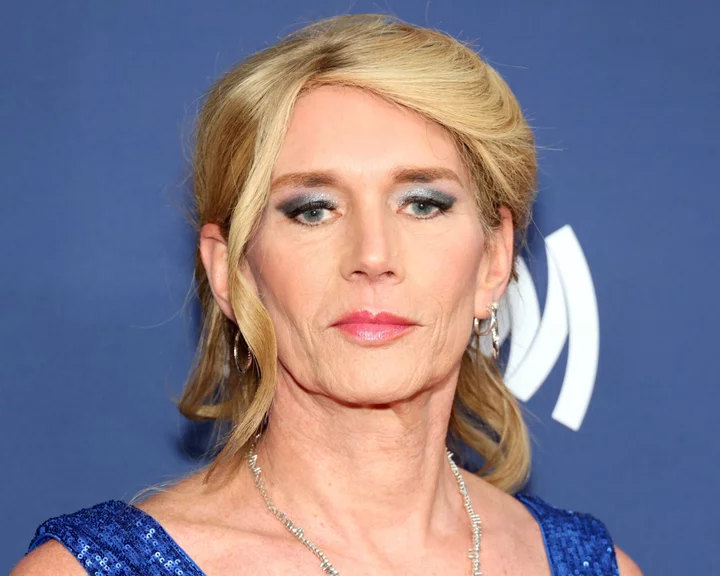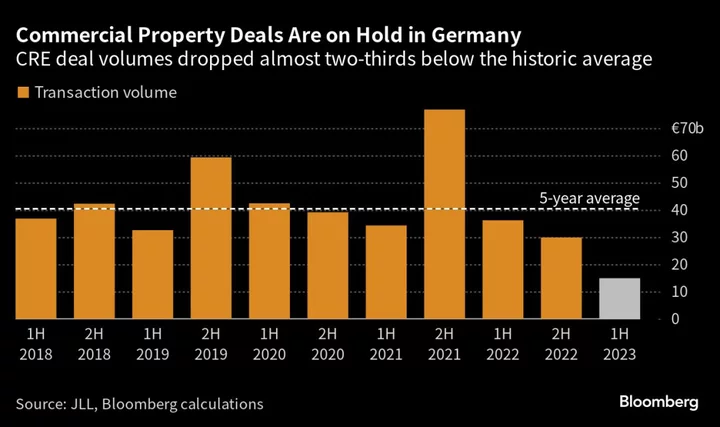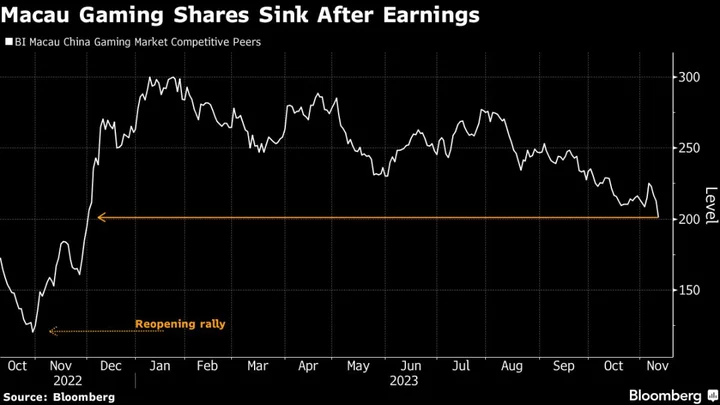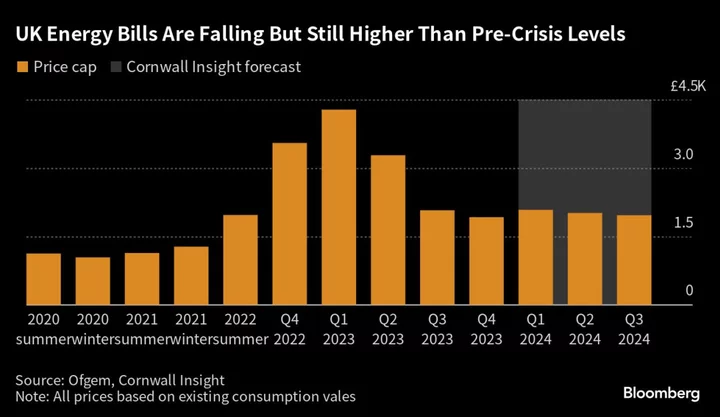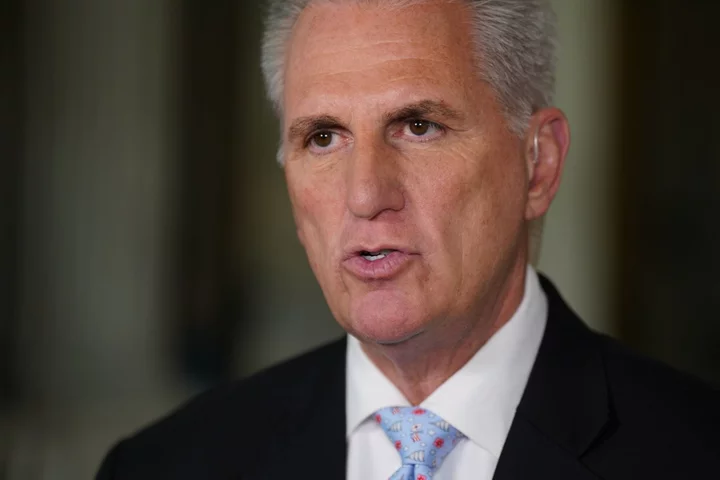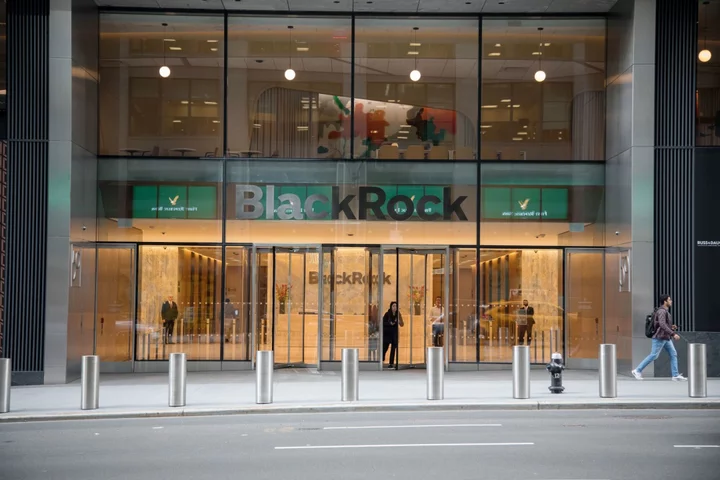Companies that speak out in support of their underrepresented employees must stand their ground, a former Goldman Sachs Group Inc. managing director said, even as some of the US’s biggest brands face a backlash for public campaigns around the LGBTQ community.
“The important thing when you speak publicly is not to backtrack,” Maeve DuVally, who worked in corporate communications at Goldman Sachs and is now a diversity and inclusion consultant, said in a Bloomberg TV interview. “We have seen examples of companies that have backtracked. They have lost both sides of the equation.”
DuVally’s memoir, Maeve Rising: Coming Out Trans in Corporate America, shares her experience of coming out as a transgender woman in 2019 while working for the Wall Street bank. DuVally’s comments come after both Target Corp. and Anheuser-Busch InBev SA’s Bud Light reversed course on marketing pushes supporting the LGBTQ community.
Target pulled some themed merchandise ahead of Pride Month in June after saying that threatening behavior by some customers was impacting employees’ safety. The company said on Aug. 16 that revenue during the latest quarter had been hit by controversy around the collection, without providing further details.
Anheuser-Busch, the parent company of Bud Light, faced consumer backlash from April onwards stemming from a promotional video that featured transgender social media personality Dylan Mulvaney. The company’s chief executive officer, Michel Doukeris, said at the time that “while beer will always be at the table when important topics are debated, the beer itself should not be in focus.” He didn’t mention Mulvaney or the transgender community.
DuVally said there is sometimes a “natural tension” between companies’ responsibility to underrepresented groups among their employees, and the broader corporate environment in which they operate. While companies’ decisions on diversity, equity and inclusion must be in their workforce’s best interests, that’s become more complicated as support for environmental and social shareholder proposals has slumped and efforts have attracted criticism from conservative policymakers.
“ESG seemed to be a slam dunk – and it is not a slam dunk anymore,” DuVally said, referring to the abbreviation for environment, social and governance efforts by corporations. Some 59% of respondents to a Bloomberg survey published this week said that using the ‘ESG’ label will alienate clients.
--With assistance from David Westin and Romaine Bostick.

